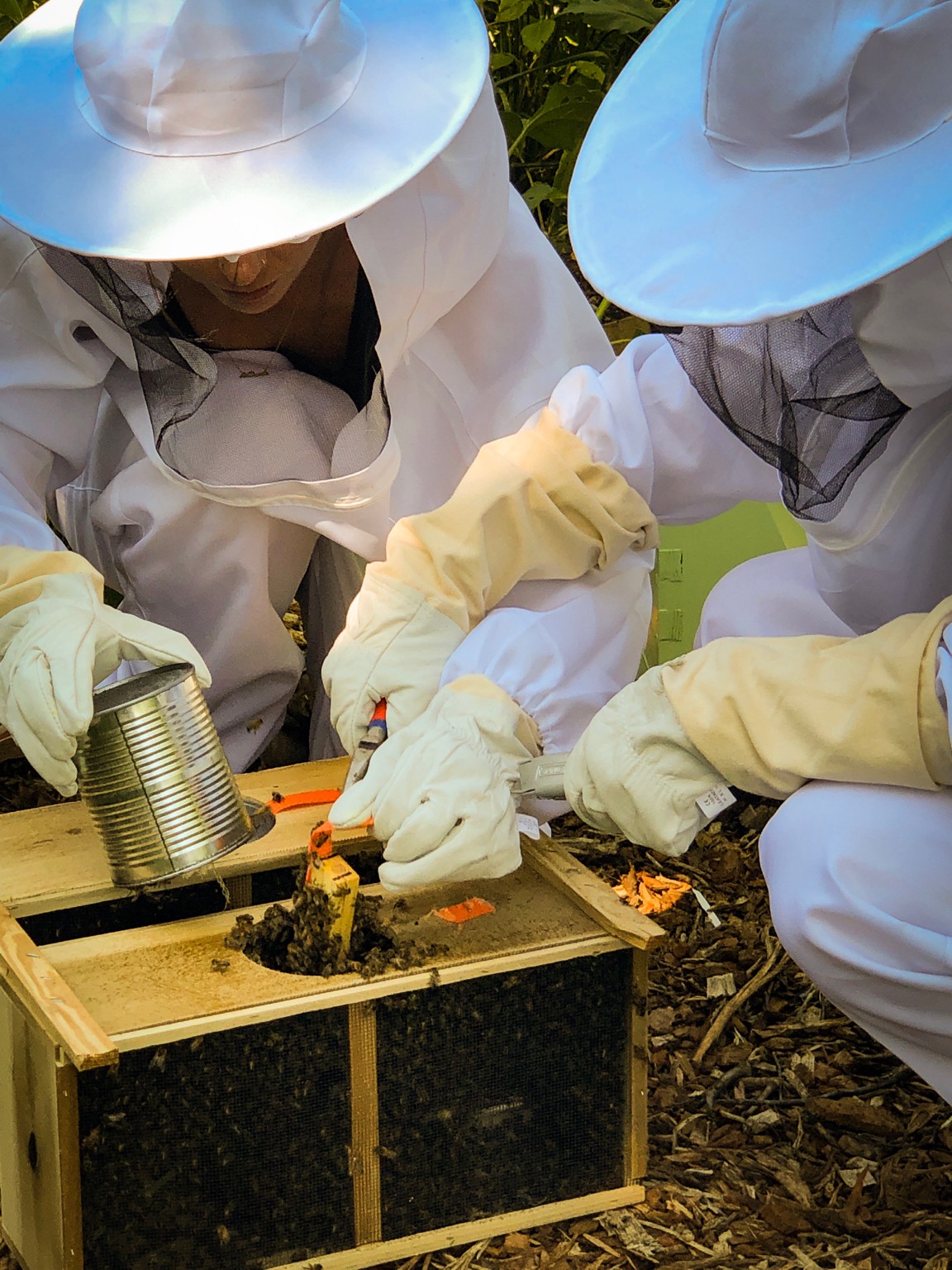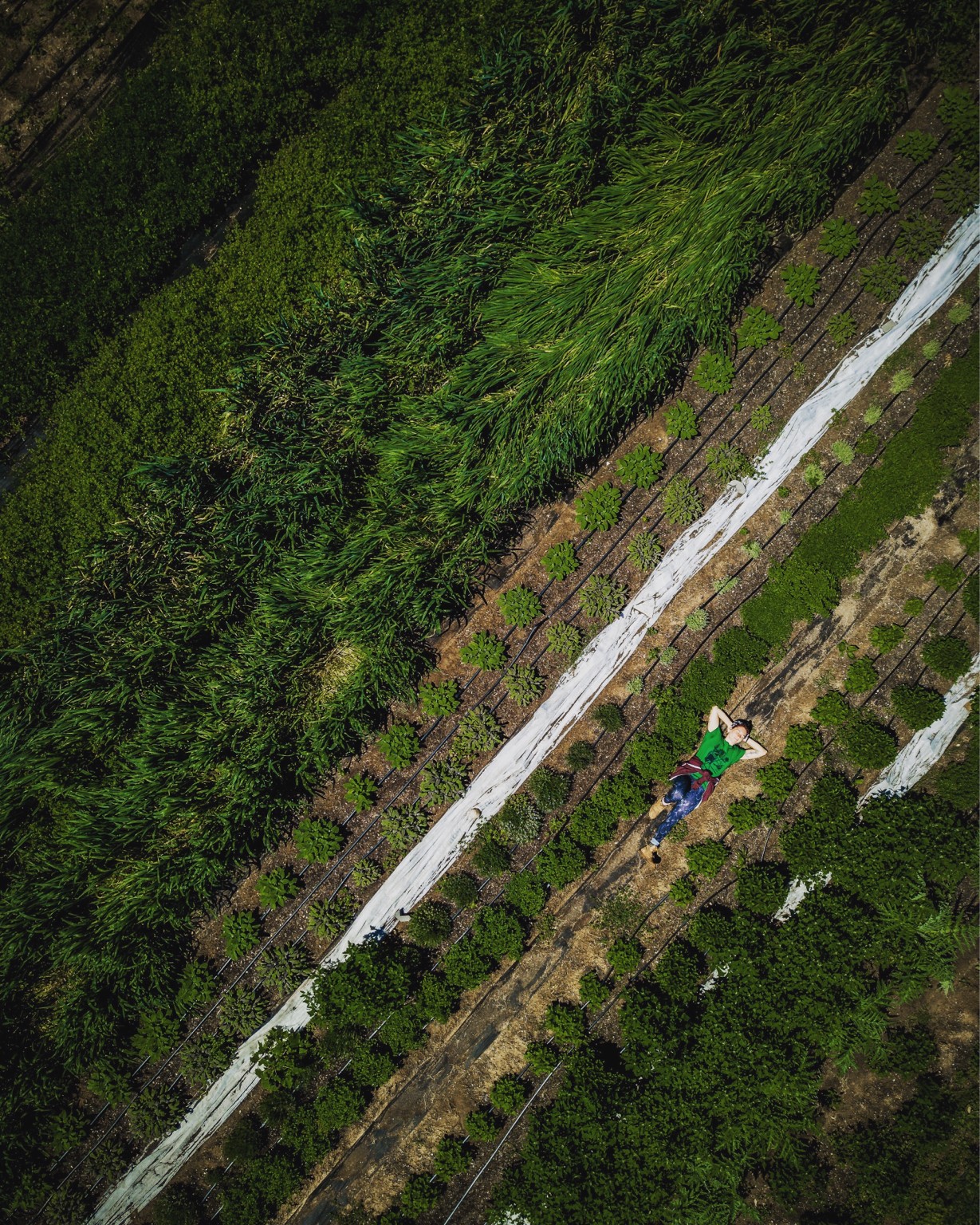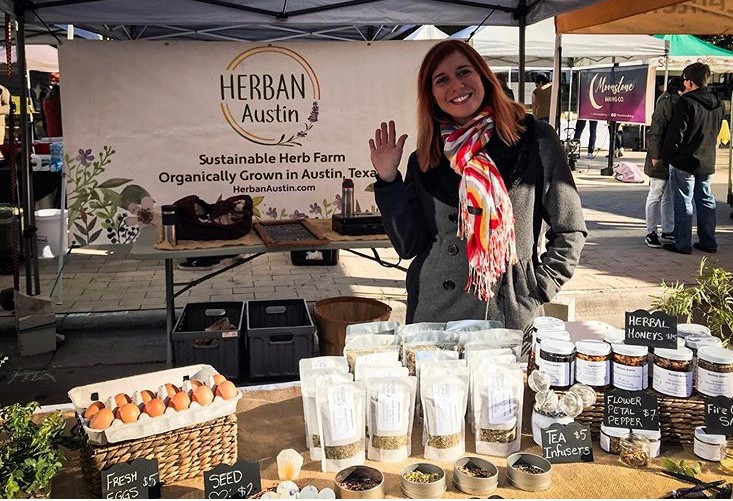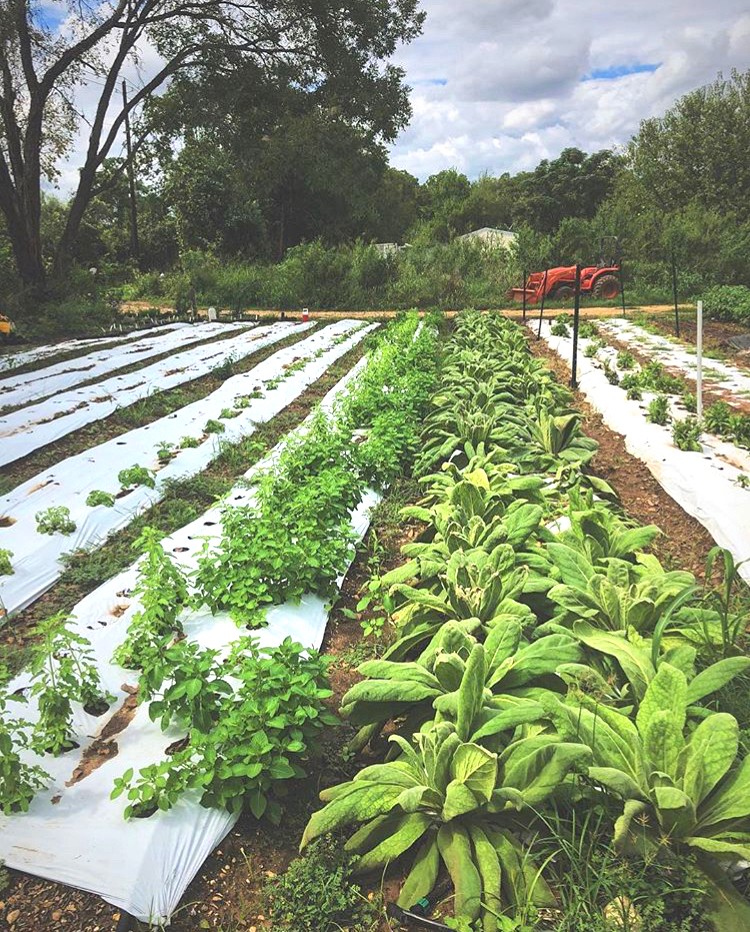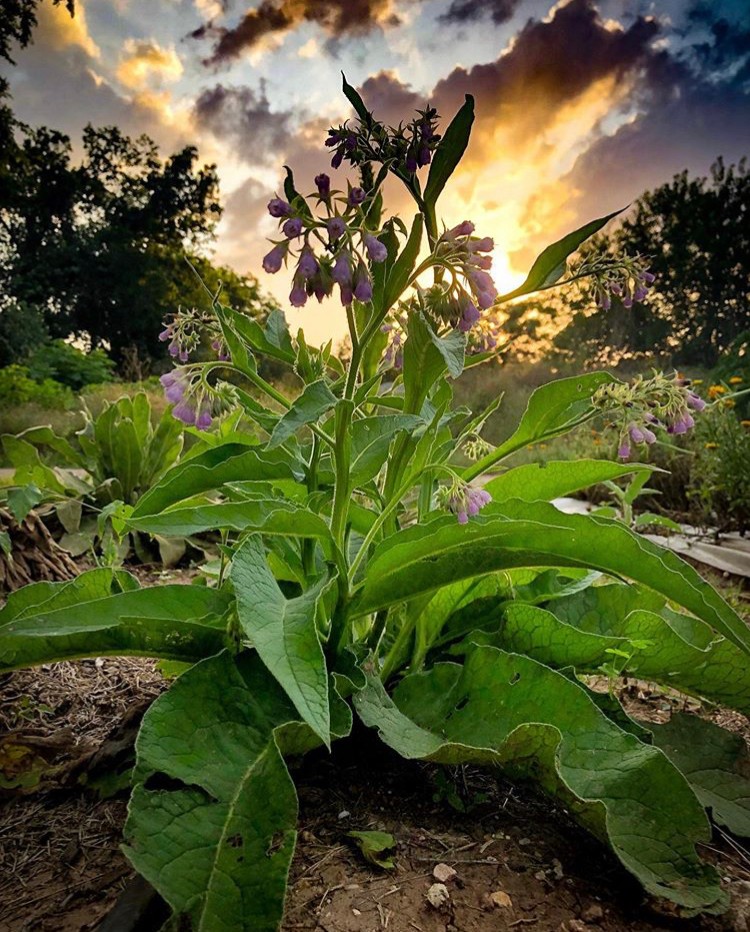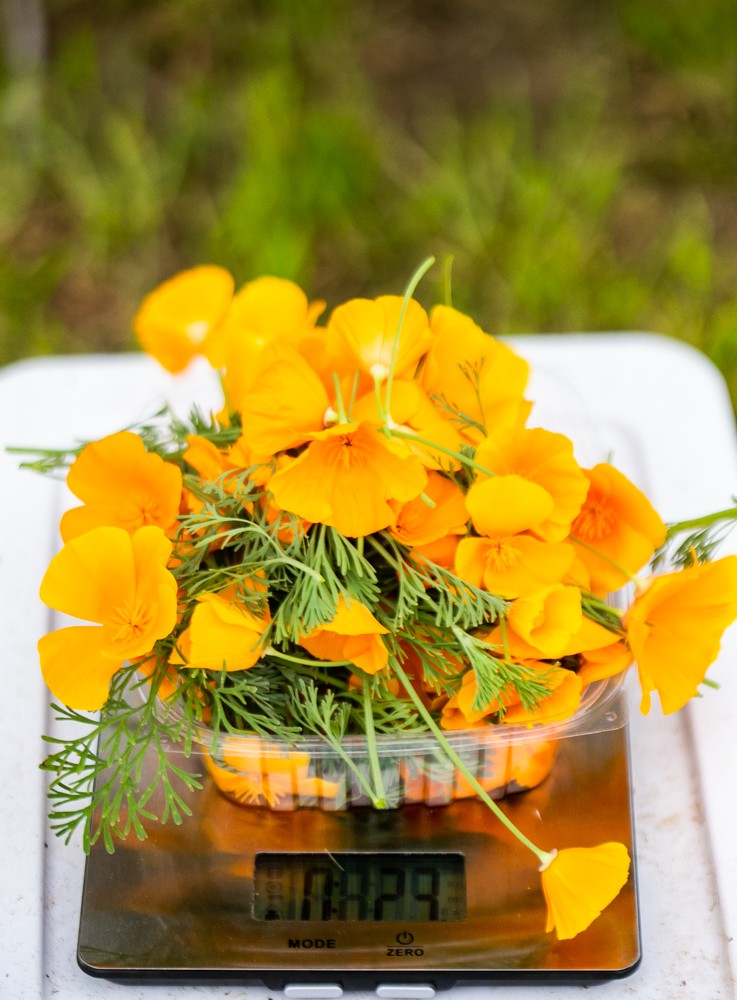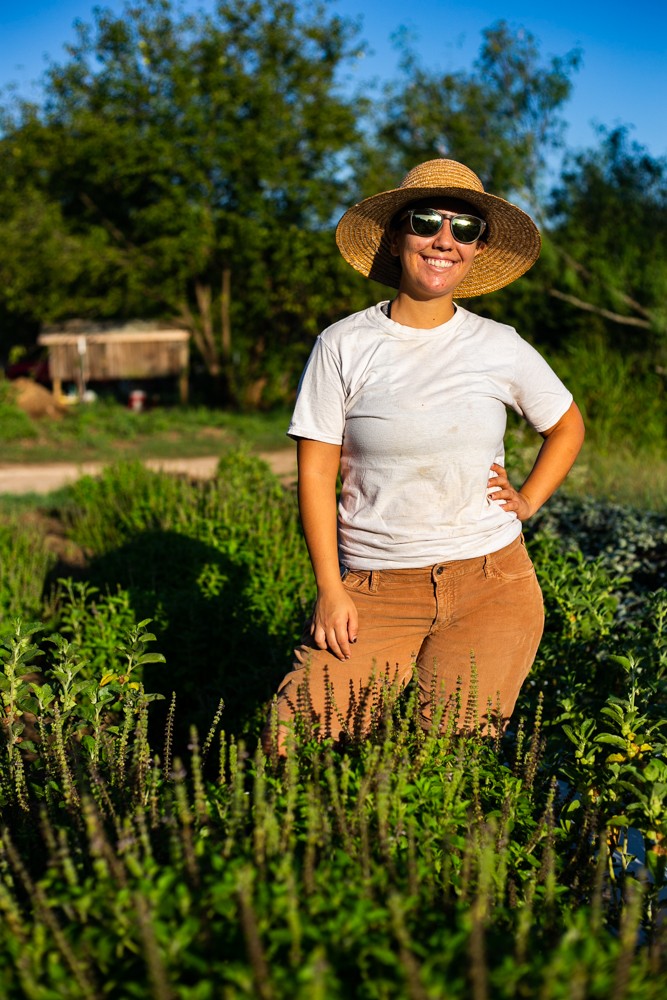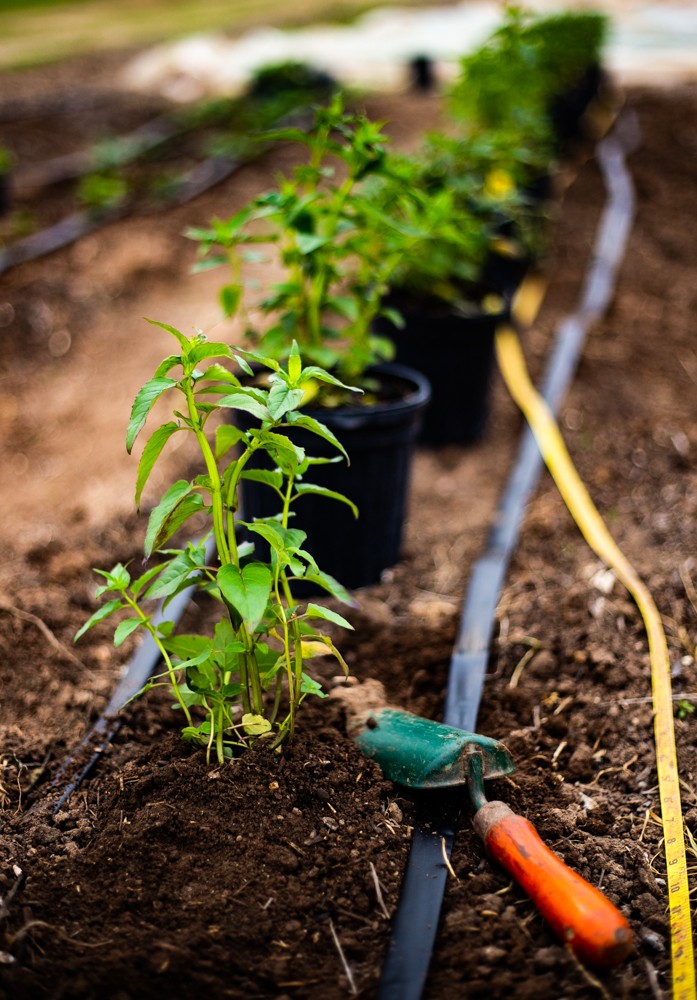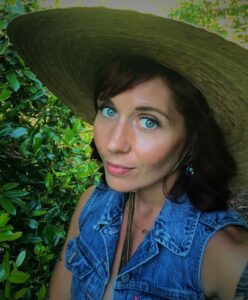
Today we’d like to introduce you to Nicole Finkelstein.
Hi Nicole, we’re thrilled to have a chance to learn your story today. So, before we get into specifics, maybe you can briefly walk us through how you got to where you are today?
There’s a running joke in my family that I held more odd jobs in a span of 30 years than an entire community has to offer. From soccer coach to bartender to pedicabber to hocking model home art out of the back of my car -the one thing I’ve always managed to maintain is my passion, my side hustle as an organic farmer.
I grew up on a commercial Strawberry farm outside of Youngstown, Ohio where I watched my naturalist parents finish their day jobs, put down their briefcases, then immediately jump into muck boots & overalls. They are third-generation farmers; it’s in their (along with my) blood.
I was raised with midwestern flare -to appreciate all aspects of nature and community, to grow and raise your own food, and to work hard while being as self-sufficient as possible.
Oh, and make friends with discomfort.
My mother was a nurse who was preoccupied with the Amish communities that surrounded our township. She would often emulate their lifestyle by canning our farm harvests, sewing our clothes, and fixing our ailments with plants in lieu of pharmaceuticals. She bought me my first “herbalism” book when I was ten -all about Pennsylvania Dutch Amish homeopathic & herbal remedies.
Fast-forward a decade where I found myself at college in the piedmonts of the Appalachian mountains. I managed our town’s community garden while working at a plasma donation center and taking classes on sustainability, plant biology, and studio art. I knew that I wanted to creatively work with plant medicine in some way -but herbalism wasn’t as popular then as it is now! I had some major digging to do.
I finally found myself connecting with grassroots Appalachian herbalists who hosted foraging hikes and folk medicine-making workshops. Finally, I found my calling.
My partner and I graduated college during the recession, quickly realizing that we needed to relocate if we had any chance of doing what we love. We threw a dart at the map, landed on East Texas…then opted for Austin. We sold all of our earthly possessions and moved on a whim.
I dove-into the vibrant Austin organic farming community and struggled to learn the ins & outs of my new bioregion. Growing food in Texas was a whole different cup of tea from what I was used to up north!
While going to grad school for Traditional Chinese Medicine (with a focus on herbalogy), I juggled bar jobs with farm work, which in Austin’s party-centric atmosphere, was a recipe for burnout & alcoholism.
Upon graduating and becoming a Doctor of Oriental Medicine, I had a mental breakdown in 2015. This led to my divorce, detachment from friends & family, as well as a realization that I had a real addiction problem on my hands. Again, selling all my earthly possessions, I packed a forty-gallon backpack and hit the Appalachian trail to “dry out”, find my life path, and heal.
While immersed in nature during my pilgrimage, Herban Austin was born. Hiking with only my thoughts across temperate states, my deep connection to the green world was solidified. I knew without a doubt that my calling was to start a medicinal herb farm back in Texas -marrying my work as a clinical herbalist and an organic grower.
In 2016, I moved back to Austin, remarried my husband (aka the love of my life), set sober life goals, and broke ground in November of 2017.
I’m sure you wouldn’t say it’s been obstacle free, but so far would you say the journey have been a fairly smooth road?
Oh, no way! While there’s not a moment that I waiver in my passion for this path, starting Herban Austin definitely was not the easiest thing I could have chosen to do.
Farming in itself comes with its fair share of challenges. It’s especially difficult when you are one of few growing medicinal plants in a bioregion like Texas! It takes a lot of “trial and error” to figure out the simplest things sometimes.
I have seen how unpredictable (and potentially devastating) weather can be, how the market demand can fluctuate from season-to-season, irrigation that springs a gushing leak at 3am in the morning, chickens that escape the coop and consume all five hundred of your newly budding transplants in the greenhouse – as well as a pest infestations, animal maladies, equipment thieves, and plants that just won’t grow.
All these challenges have taught me to diversify my business and crop plan to cover as many avenues as possible. Really, it’s helped me maintain a healthy level of detachment and positive attitude. One of the things I love most about working in agriculture is the unpredictability and need to think on one’s feet in a pinch.
Additionally, I count my blessings every day, living in a city that has a close-knit community of conscientious herbalists and growers. The folks I’ve come across through Herban Austin provide the highs to any and all lows that come along!
Thanks – so what else should our readers know about Herban Austin, LLC?
Herban Austin is a small-scale medicinal herb farm with a focus on sustainable growing practices -located along Boggy Creek in East Austin, Texas.
We proudly believe not only in eating locally but “treating” locally. Utilizing organic and regenerative farming practices, we provide botanicals, herbal products, and education of the highest quality to our Central Texas community and beyond.
Herban Austin is composed of both licensed healthcare practitioners as well as experienced organic farmers to bridge the gap between healthcare, herbal purity & potency, and earth stewardship.
Drawing upon traditional herbal knowledge, we strive to create medicinal products that meet the needs of our community. Our farm focuses on polyculture over monoculture in order to create a diverse growing environment that benefits pollinators and people alike.
Through educational community classes, we promote awareness surrounding plant medicine, sustainable living, and herbal cultivation.
What do you like and dislike about the city?
I feel fortunate to live in Austin, a city that strives to incorporate local agriculture into its infrastructure as well as its overall social construct. Austin’s Urban Forestry funds projects like the Festival Beach Food Forest, and their Fresh for Less Initiative funds Farmshare Austin, which plays a big role in increasing farm-fresh food accessibility for underserved populations. Farmshare also works to connect landowners with growers and educate/train aspiring farmers.
Admittedly, our city is changing rapidly. Just over the course of eleven years, I have seen the population and landscape completely transform. With the urban sprawl that comes with development, I am disheartened to see so many being priced out & forced out of home/land ownership as property taxes and real estate values skyrocket. Herban Austin tries to encourage & empower individuals to start their own organic grow-journey, and the real estate boom creates an incredibly high barrier to entry for anyone aspiring to break into the farm scene.
Contact Info:
- Email: info@herbanaustin.com
- Website: www.HerbanAustin.com
- Instagram: @herban_austin
- Facebook: https://www.facebook.com/HerbanAustin
- Youtube: https://www.youtube.com/channel/UCET_cKOJqnaVemFBHVkxBhQ
